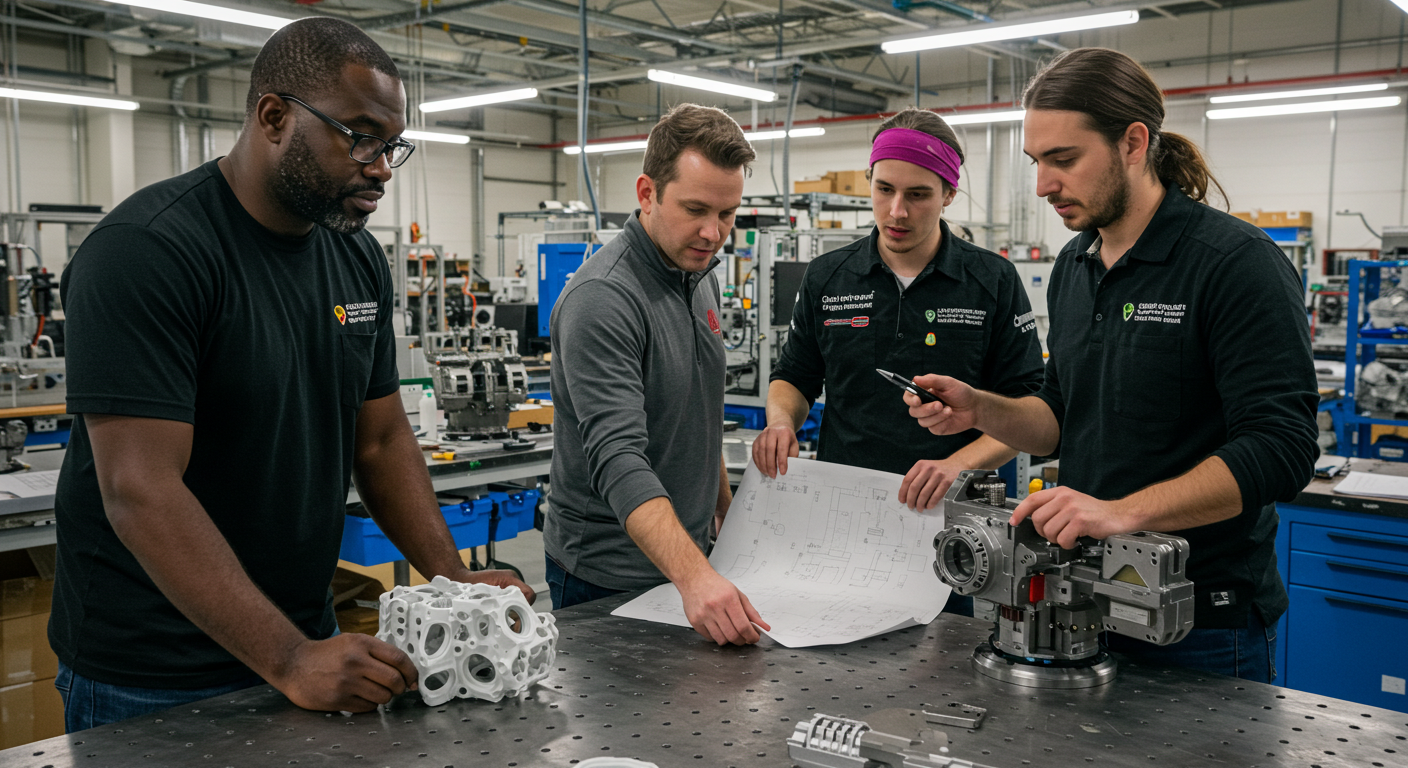If you’re exploring career paths in leadership or want to refine your executive team, chances are the term “VP of Administration” has popped up more than once. But what exactly does this role entail? Why is it so critical in an organization? Whether you’re a business owner, HR professional, or job seeker, this guide will unpack everything you need to know—no fluff, just the real stuff.
Let’s dive deep into the VP of Administration roles and responsibilities like peeling the layers of a well-structured organization—because this position is often the backbone that keeps everything running smoothly.
What Is a VP of Administration?
A VP of Administration (Vice President of Administration) is a senior-level executive who oversees the daily operations, administrative staff, internal processes, and often the organization’s strategic planning. Think of them as the conductor of an orchestra—making sure every department hits the right note at the right time.
They don’t just manage; they streamline operations, improve workflows, lead strategic initiatives, and ensure compliance with policies and regulations. If something affects the internal health of a company, the VP of Administration likely has their fingerprints on it.
Key Responsibilities of a VP of Administration
You might be wondering, what does a VP of Administration actually do day-to-day? Here’s a breakdown of typical tasks and responsibilities:
| Primary Duties | Details |
|---|---|
| Strategic Planning | Aligns administrative goals with company vision |
| Department Oversight | Manages HR, facilities, and other internal support teams |
| Policy Development | Creates and updates administrative policies and procedures |
| Budget Management | Oversees budgets and controls administrative spending |
| Compliance & Risk Management | Ensures regulatory compliance and mitigates internal risks |
| Staff Supervision | Recruits, trains, and manages administrative personnel |
Let’s be honest: without someone steering this ship, it can easily run aground. The VPs of Administration ensures the ship sails smoothly—no rogue waves, no lost direction.
According to the U.S. Bureau of Labor Statistics, top executives like the VP of Administration play a crucial role in shaping company strategy, overseeing operations, and ensuring long-term success.
Skills and Qualifications You’ll Need
So, what kind of magic mix of skills and traits does a successful VP of Administration possess? Spoiler alert: it’s more than just being organized.
| Skill/Qualification | Why It’s Important |
|---|---|
| Leadership and Team Management | To lead diverse administrative teams effectively |
| Financial Acumen | Managing budgets and making data-driven decisions |
| Communication Skills | Clear and persuasive communication across departments |
| Strategic Thinking | Aligning admin operations with long-term goals |
| Problem-Solving Abilities | Quickly resolving operational bottlenecks |
| Bachelor’s or Master’s Degree | Typically in Business Administration or a related field |
In short, this isn’t a job for someone who just likes filing cabinets and paperwork. It’s a high-level role demanding a sharp mind, firm decision-making, and stellar people skills.
Why This Role Matters in Today’s Business World
Imagine trying to build a skyscraper without a strong foundation. The VP ofs Administration is that foundation. They keep the internal structure stable while the rest of the team focuses on growth and innovation.
In today’s fast-paced, tech-driven environment, administrative operations have become more complex than ever. From remote workforce management to navigating compliance regulations, the role has evolved beyond traditional office duties.
We’re not just talking about handling schedules or office supplies. We’re talking about creating ecosystems that support organizational excellence.
FAQs About vp of administration
1. What does a VPs of Administration do?
A VP’ of Administration oversees internal operations, manages administrative staff, develops policies, and ensures organizational efficiency and compliance.
2. What qualifications are needed to become a VP ofs Administration?
Typically, a VP’ ofs Administration holds a bachelor’s or master’s degree in business administration and has strong leadership, strategic, and financial skills.
3. How does a VP’ ofs Administration differ from a COO?
While both are senior roles, a VP’ of Administration focuses on internal administrative functions, whereas a COO oversees broader operational strategies and execution.
4. What is the average salary for a VP ofs Administration?
The average salary for a VP of Administration varies by industry and location but typically ranges from $120,000 to $200,000 annually.
5. Why is the VP of Administration role important in a company?
The VP of Administration ensures smooth internal operations, aligning processes with business goals and enabling other departments to function effectively.
Conclusion: The Unsung Hero Behind the Scenes
To wrap it up, the VP of Administration is a powerhouse role—often invisible, yet absolutely vital. They juggle operations, strategies, staff, and compliance like a seasoned circus performer with a hundred spinning plates.
If you’re considering stepping into this role or hiring for it, remember: you’re not just filling a seat—you’re placing someone at the helm of your internal engine room.
Custom Message:
Understanding the VP of Administration roles and responsibilities can be your game-changer whether you’re building a company or growing your career. Keep this guide close—it’s your roadmap to mastering the power behind the scenes.





